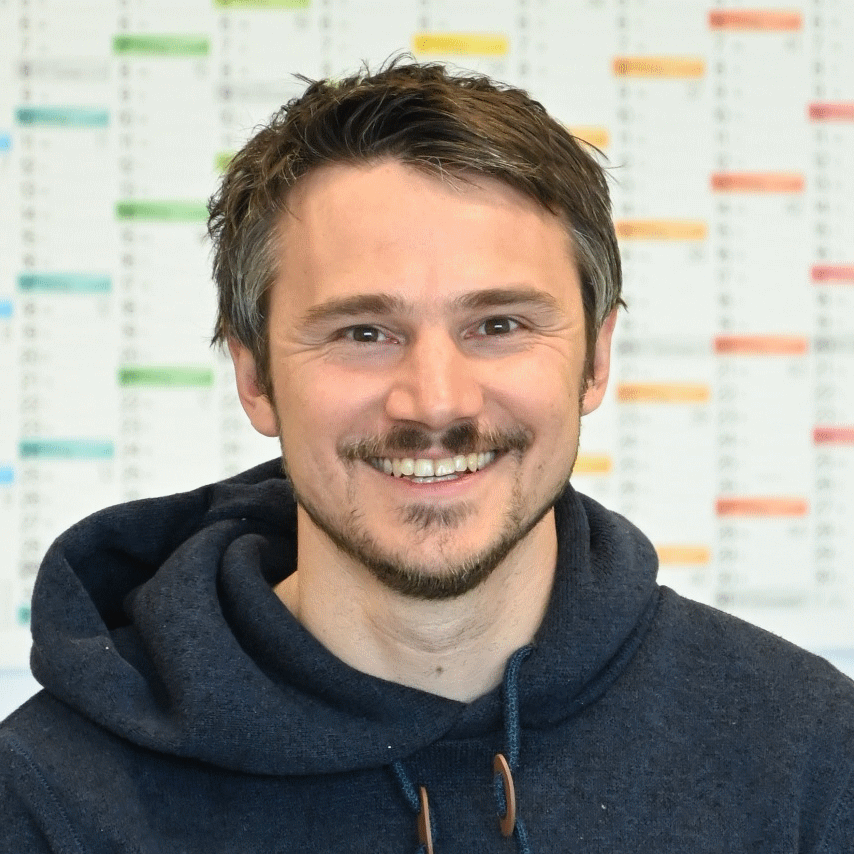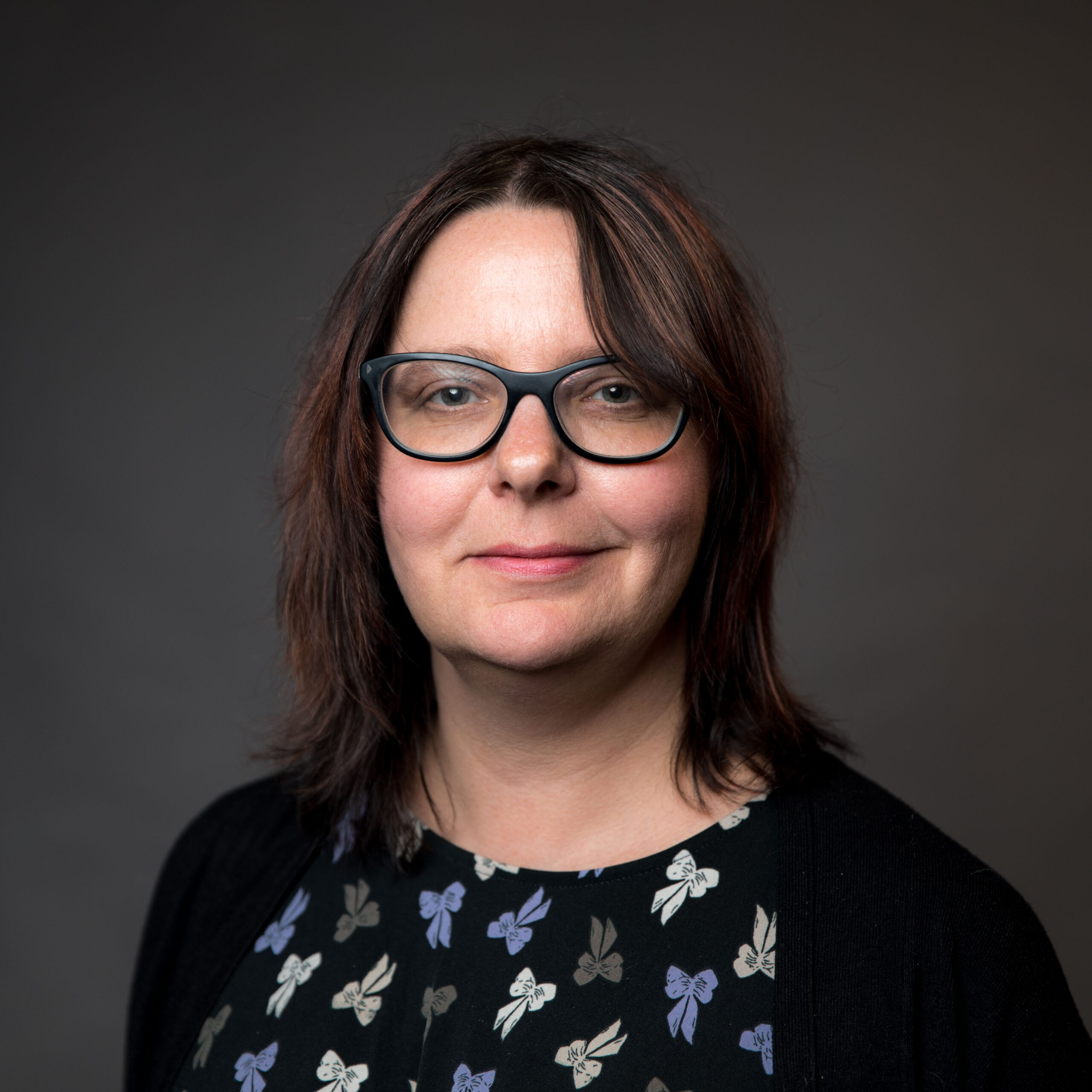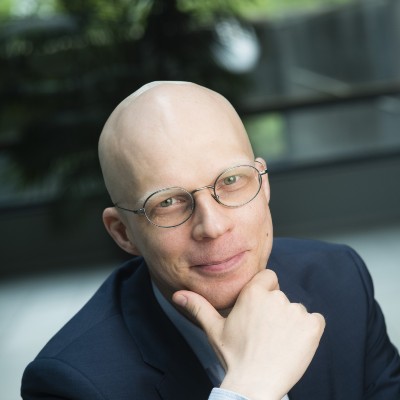Invited Keynotes
From Sky to Cloud: Integrating Drones and IoT in Inland Ports
Talk Description: Inland terminals face the challenge of managing dynamic cargo types and complex stakeholder interactions, necessitating efficient data collection and process optimization. The introduction of cost-effective unmanned aerial vehicles (UAVs or drones) combined with IoT technologies presents innovative solutions to these challenges. Drones act as dynamic sensors, autonomously monitoring and collecting data without the need for fixed infrastructure. The InteGreatDrones project leverages drone swarms and IoT to capture terminal activities, integrating computer vision and local data processing to maintain privacy while offering detailed insights. By utilizing a compute continuum that combines edge and cloud resources, the project provides real-time monitoring and advanced analytics to enhance operational efficiency. This keynote will explore the innovative methods and initial results of the InteGreatDrones project, detailing the use of autonomous drones and IoT in creating a digital twin of the port, optimizing routes, and supporting predictive maintenance. Additionally, it will address challenges such as container identification through optical character recognition and the effective management of computational workloads. The presentation will demonstrate how integrating drones and IoT can transform inland terminal operations, enabling informed decision-making and comprehensive monitoring.

Prof. Dr.
Janick Edinger
Janick Edinger is an associate professor of distributed operating systems at the University of Hamburg, Germany, a position he has held since 2021. He completed his studies at the University of Mannheim, Germany, where he earned his PhD under the supervision of Christian Becker. Additionally, he pursued studies at Taiwan National University and the University of Alberta, Canada, and undertook research stays at the University of British Columbia, Hong Kong Polytechnic University, and Georgia State University in Atlanta, USA. Janick has published extensively in international conference proceedings, including MobiQuitous, PerCom, IPDPS, MSWiM, ICCCN, IUI, COMPSAC, and CHIIR, and he received the PerCom 2021 Mark Weiser Best Paper Award. He has also been involved in the academic community as a workshop chair for both Middleware and MobiQuitous and has served on the program committees for ICDCS, Middleware, ACSOS, EdgeSys, and ICCCN. His primary research interests include computation offloading, edge computing, and assistive technologies.
Designing IoT-Powered Cities for Efficiency, Playability, Livability and the More-Than-Human
City visions have long fascinated urban planners. An early 20th century example includes the Garden Cities of Ebenezer Howard which envisaged satellite communities surrounding city centre hubs, separated by green spaces. More recently, rapid urbanisation combined with technological advances has shifted the narrative towards a highly instrumented smart city vision that was initially characterized by top-down, technocratic approaches that prioritised efficiency, safety, and control. However, this initial framing often left out the diverse needs of urban residents, including creativity, culture, and social interaction. In response, more bottom-up, human-centered approaches emerged, focusing on creating cities that are not only efficient but also livable and where enjoyment, community, and culture take precedence over pure functionality. Yet, such an anthropocentric view threatens to overlook the importance of the non-human species who live in the city and their green habitats that are important to the well-being of people, too. But can technology somehow reconcile all of these concerns? This keynote will explore different ways in which IoT has been utilized in pursuit of making cities not just smart and efficient, but also playable, livable and fit for the more-than human.

Prof. Dr.
Annika Wolff
Annika Wolff is an Associate Professor (tenure track) at LUT University, Finland, with a BSc in Cognitive Science and a doctoral degree in knowledge modelling and HCI. Her research is primarily in the field of human-data interaction, at the intersection between complex data, machine and human learning. Her research focuses on how people make sense of, interact with and design from complex data, such as derived from IoT and within smart cities. She has led work in developing and piloting new methods for teaching data literacy skills in UK primary and secondary schools using real, local, smart city data sets. Other research interests explored through various European projects include the use of games and narratives to connect people with their more-than human environment through data and to improve sustainability. Annika is also actively involved in the academic community, serving as a board member of SIGCHI Finland and as an Associate Editor for the International Journal of Human-Computer Studies.
Industry Keynote(s)
IoT Technologies in 6G Cyber-Physical Continuum
The Internet of Things technologies are already today widely embedded in our lives and continue to increase both in adoption and technical capabilities. This development, combined with the capabilities of the future network platforms and fueled by rapid digitalization and AI-powered automation, will result in a fully cyber-physical world where physical things, people, and activities are connected through a digital domain of intelligence and data. This keynote will discuss the role of IoT technologies in enabling applications and services for the cyber-physical continuum, highlight some of the key technical research challenges, and present a new research concept of data-oriented in-network enablers designed to tackle these challenges and push the boundaries of what is possible in IoT.

Ari Keränen
Ericsson
Ari Keränen is an Expert in IoT standards and protocols at Ericsson Research in Finland. He holds an M.Sc. in communications engineering from the Aalto University, Finland. Ari joined Ericsson Research in 2007 and has since worked with various Internet technologies ranging from multimedia signaling and delay tolerant networks to the IoT. He is active in Internet standardization and has co-authored 20 IETF RFCs, co-chaired two IETF working groups, and is currently co-chair of the IRTF Thing-to-Thing Research Group and co-chair of the IETF IoT Directorate. His current research interests include interoperable data and interaction for IoT systems and enabling data-oriented services for future network platforms.
Sponsor Keynote(s)
AI Interconnect for IoT
In this talk, I will focus on the architectural elements necessary for AI-native networks with a focus on the Internet of Things (IoT) and the envisaged 6G technology. To enable programmability and the creation and deployment of applications, we envisage an architectural framework, the AI Interconnect, designed to provide high-level orchestration and coordination for the edge-cloud continuum, taking user and application intent, communication, network capacity, privacy, security, sustainability, and computing constraints into account. The Interconnect aims to offer messaging and brokering capabilities for the control plane, user plane, and higher-level application elements through Large Language Models (LLMs). The decentralized AI Interconnect is responsible for AI selection, placement, task coordination, communication and routing, and safeguarding ethical operations of the AI with an audit trail. Our research also explores how LLMs can be effectively employed for high-level management and orchestration of the networks and IoT and to offer enhanced security and privacy measures.

Prof. Dr.
Sasu Tarkoma
Professor Sasu Tarkoma is Dean of the Faculty of Science at the University of Helsinki and Professor of Computer Science. He is Chairman of the Scientific Advisory Board for Finnish Defence (MATINE). He has authored 4 textbooks and published over 240 scientific articles and 10 granted US Patents; his h-index is 47. He is Fellow of IET and EAI, and Senior Member of IEEE and ACM. His research interests are Internet technology, distributed systems, data analytics, and mobile and ubiquitous computing. His research has received several Best Paper awards and mentions, for example, at IEEE PerCom, ACM CCR, and ACM OSR. He is actively involved in the Helsinki Institute for Information Technology (HIIT), the Finnish Center for AI (FCAI) flagship, Helsinki Center for Data Science (HiDATA), and the Allied ICT Finland network. His flagship MegaSense research program aims to elevate air quality and environmental monitoring to the next level by providing a real-time and accurate view to the chemical cocktail and the micro climates of mega cities.
